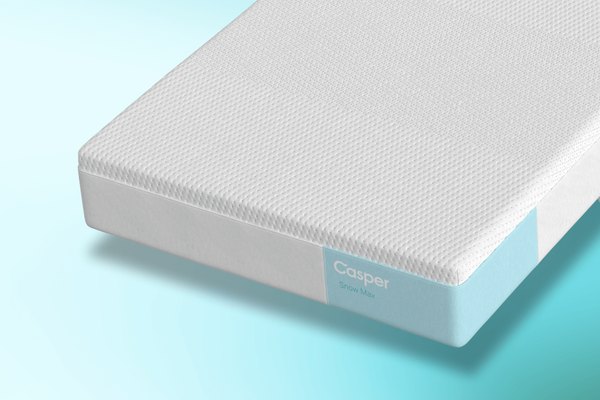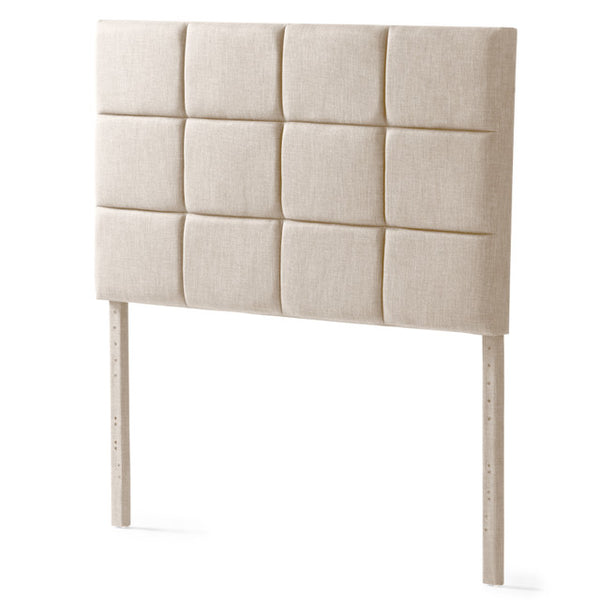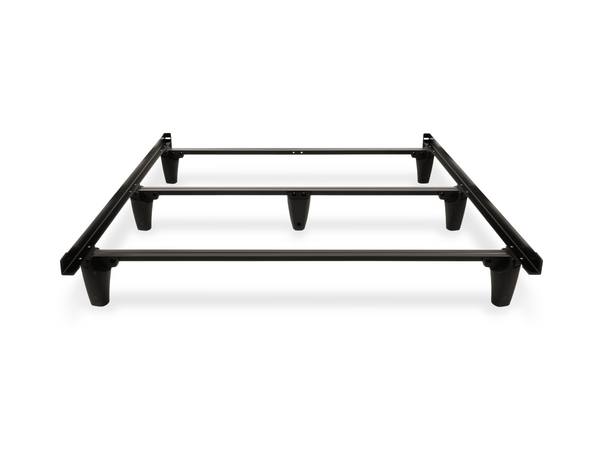
What's the Best Bedroom Temperature to Sleep at Night?

Experienced sleep disruptors know the frustration of experiencing summer heat waves or an unexpectedly cold January morning can make a real difference to our quality of restful slumber. Although weather changes beyond our control, there are numerous strategies available to ensure we find the optimal sleeping temperatures - be it making simple thermostat adjustments or exploring alternative types of pajamas and bedding; finding your comfort zone could make all the difference for a good night's rest.
Your body's core temperature naturally lowers at night as you prepare to go into REM sleep, but you can assist it further by lowering the bedroom temperature. While an ideal bedroom temperature varies based on individual, most adults find the optimal range to be 60 to 67 degrees Fahrenheit.
Your body expends energy in order to regulate body temperature, making it harder to fall or remain asleep, as well as interfering with melatonin production - essential to good nightly rest. When sleeping is made difficult by overheated rooms, they force the body to expend energy trying to stay comfortable - something which interferes with sleep quality and may impede restful REM sleep cycles.
On the other hand, if your bedroom is too cold, your body will spend even more energy trying to warm itself, making it harder for you to fall asleep or maintain restful REM/slow wave sleep that is essential for bodily recovery and brain health.
Researchers have noted that keeping the temperature of your sleeping environment within an optimal range is one of the easiest and most effective ways to enhance the quality of sleep, according to studies. Indeed, it's considered one of the top sleep hygiene practices, alongside maintaining regular bedtime routines and avoiding caffeine or spicy food before bed.
While your internal thermostat may constantly adapt to meet external challenges, it can easily go out of balance. A recent study discovered that overheating during sleep led to more awakenings, longer time to fall asleep, and decreased total amount of restful slumber. Overheating can be caused by various factors including hot beds, overactive glands or simply lack of airflow - and can impact overall quality of restful slumber.
An overly hot bed, however, can pose numerous difficulties that interfere with restful sleep, including sweating and discomfort. Your sweat glands become active at nighttime and produce sweat that prevents you from falling asleep easily.
To combat this, consider using a dehumidifier to help lower humidity in your bedroom. However, keep in mind that using dehumidifiers could also have adverse effects on respiratory systems; be wary about overusing them! Alternatively, keep the room cool by opening windows for air circulation or adding fans for additional cooling without increasing humidity levels; also wear loose and breathable pajamas and bedding to help ensure adequate breathing space in your sleeping environment. Ultimately if these tips have not helped you sleep soundly without further consulting medical advice you should consult your physician for additional advice and support.









